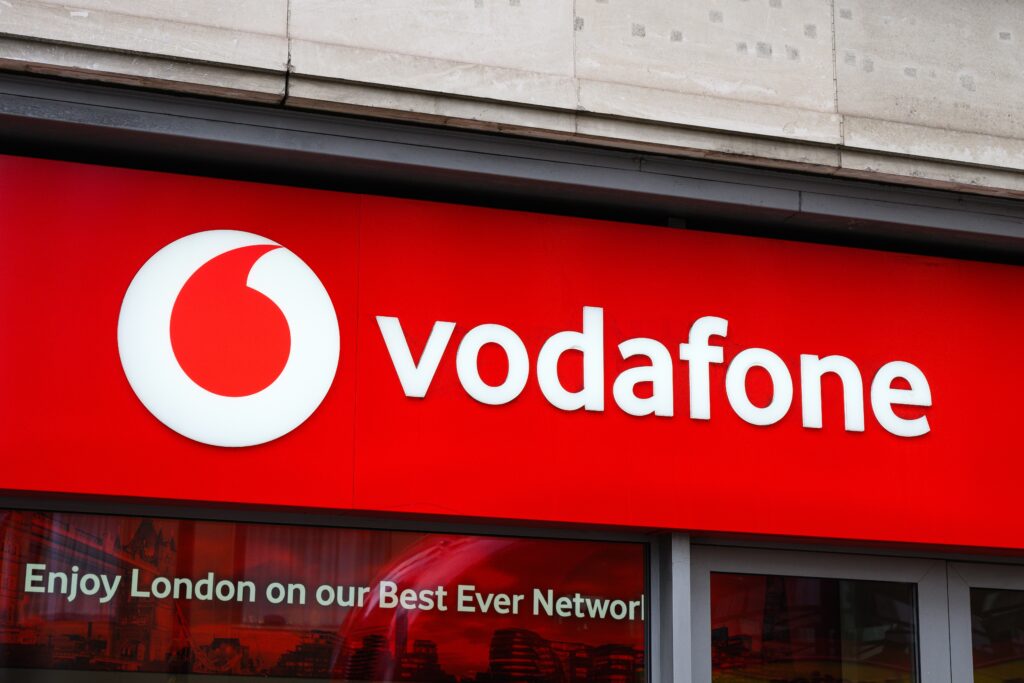Vodafone franchisees raised alarms about the “massive impact” of commission cuts on their mental health four years before 62 small business owners launched a £120m high court claim against the telecoms company.
In a 2020 survey conducted just weeks after Vodafone reduced fees paid to its retailers, franchisees reported heightened stress, anxiety, and feelings of being undervalued. The reductions came on the heels of months of uncertainty caused by the Covid-19 pandemic.
Respondents gave Vodafone a trust score of just 1.75 out of 5, and an even lower 1.67 when asked if they felt “truly valued” by the company. In written comments, dozens of franchisees described how the changes damaged their mental wellbeing and family life.
“My mental health has become very poor as I am suffering from anxiety and spells of depression,” one franchisee wrote. Another said: “The stress and worry of not hitting overheads is giving me anxiety. I think it’s disgraceful that I feel the constant threat of losing my savings, home and livelihood.” Others reported panic attacks, insomnia, and severe stress affecting their home lives.
Many of these accounts echo claims made since December, when 62 franchisees — representing nearly 40% of Vodafone’s store partners — accused the company of unjust enrichment by slashing commissions. Several have said Vodafone’s actions pushed them into personal debt exceeding £100,000, with some even admitting to suicidal thoughts. MPs have compared aspects of the dispute to the Post Office Horizon IT scandal.
Vodafone, which has launched a fourth investigation into its franchising division, said in response: “We are sorry to any franchisee who has had a difficult experience. At Vodafone UK we encourage anyone to raise issues in the knowledge they will be taken seriously, and we always seek to resolve any issues raised. We continue to run a successful franchise operation, and many of our existing franchisees have expanded their business with us by taking on additional stores.”
The company denies wrongdoing, calling the case a “commercial dispute” and vowing to defend itself against the allegations.


